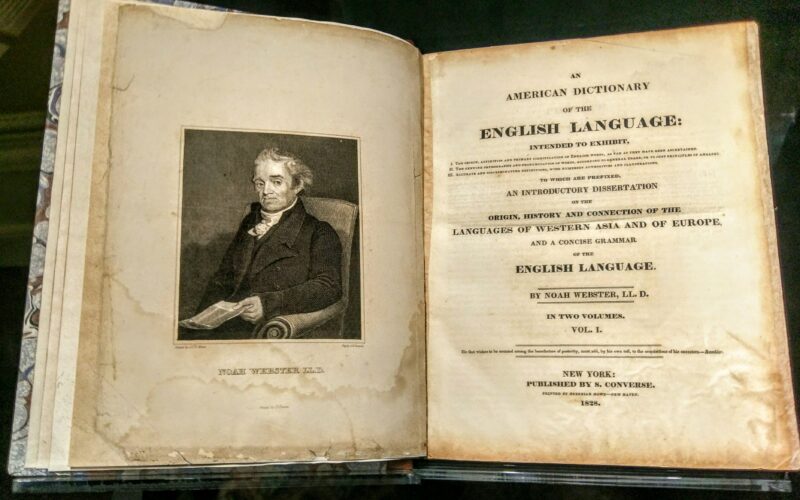A Journey Through Time and Evolution
The English language, a widely spoken global language today, has a fascinating history that spans over centuries. From its humble beginnings as a Germanic language spoken by a small group of people to becoming a dominant language worldwide, the journey of the English language is filled with twists and turns. In this article, we will explore the evolution and expansion of English, highlighting key milestones that have shaped it into the influential language it is today.
Table of Contents
1) The Early Roots of English
1.1 The Germanic Origins
The roots of the English language can be traced back to the Germanic tribes that inhabited what is now modern-day Denmark and Northern Germany. These early Germanic settlers brought their language to the British Isles during the early Middle Ages.
1.2 Old English Emerges
The period from the 5th to the 11th century is known as the Old English period. During this time, the language evolved and absorbed influences from Latin and Old Norse due to interactions with Vikings and the spread of Christianity.
2) The Influence of the Norman Conquest
2.1 The Norman Conquest and Middle English
In 1066, the Norman Conquest of England brought significant changes to the language. French became the language of the ruling elite, leading to the infusion of French vocabulary and influences into English. This period is known as Middle English.
2.2 The Chaucerian Era
Geoffrey Chaucer, known as the “Father of English Literature,” played a crucial role in shaping the English language during the 14th century. His works, such as “The Canterbury Tales,” contributed to the standardization and development of Middle English.
3) The Renaissance and Early Modern English
3.1 The Printing Press and Standardization
The advent of the printing press in the 15th century revolutionized the spread of knowledge and literature. This period saw efforts to standardize the English language, making it more accessible to the masses.
3.2 Shakespearean Influence
William Shakespeare, one of the most celebrated playwrights and poets in history, left an indelible mark on the English language. He introduced numerous words and phrases that are still in use today.
4) The Global Expansion of English
4.1 The British Empire and Colonialism
The expansion of the British Empire during the 17th to 20th centuries had a profound impact on the English language. English spread to various continents, including North America, Africa, Asia, and Australia, through colonization and trade.
4.2 American English
The colonization of North America led to the development of American English. Over time, it diverged from British English, adopting its own unique vocabulary and pronunciations.
4.3 English as a Lingua Franca
In the modern era, English has become a global lingua franca, used as a common language for international communication, business, and diplomacy.
5) The Future of English
5.1 English in the Digital Age
With the rise of the internet and digital technology, English has further solidified its position as a dominant global language. Online communication, social media, and global connectivity have propelled the widespread use of English.
5.2 Linguistic Evolution and Adaptation
Languages are dynamic, constantly evolving entities. English continues to adapt and incorporate new words and expressions from various cultures and languages.
Conclusion
The history of the English language is a tale of resilience, adaptation, and global influence. From its Germanic roots to its status as a lingua franca, English has undergone remarkable transformations throughout history. Today, it stands as a symbol of cultural exchange and international communication.
FAQs
- How did English evolve from Germanic origins?
English evolved from the language of Germanic tribes that settled in the British Isles during the early Middle Ages. Over time, it absorbed influences from Latin and Old Norse, shaping it into Old English.
- What impact did the Norman Conquest have on English?
The Norman Conquest of England in 1066 brought French influences into English. French became the language of the ruling elite, leading to the development of Middle English.
- How did Shakespeare contribute to the English language?
William Shakespeare introduced numerous words and phrases in his works, contributing to the enrichment and standardization of Early Modern English.
- How did English become a global language?
The expansion of the British Empire during the colonial era played a significant role in spreading English to different parts of the world. Additionally, English’s prevalence in international business and communication solidified its status as a global language.
- How is English evolving in the digital age?
The digital age has accelerated the evolution of English, with the internet and social media platforms influencing the adoption of new words and expressions.








